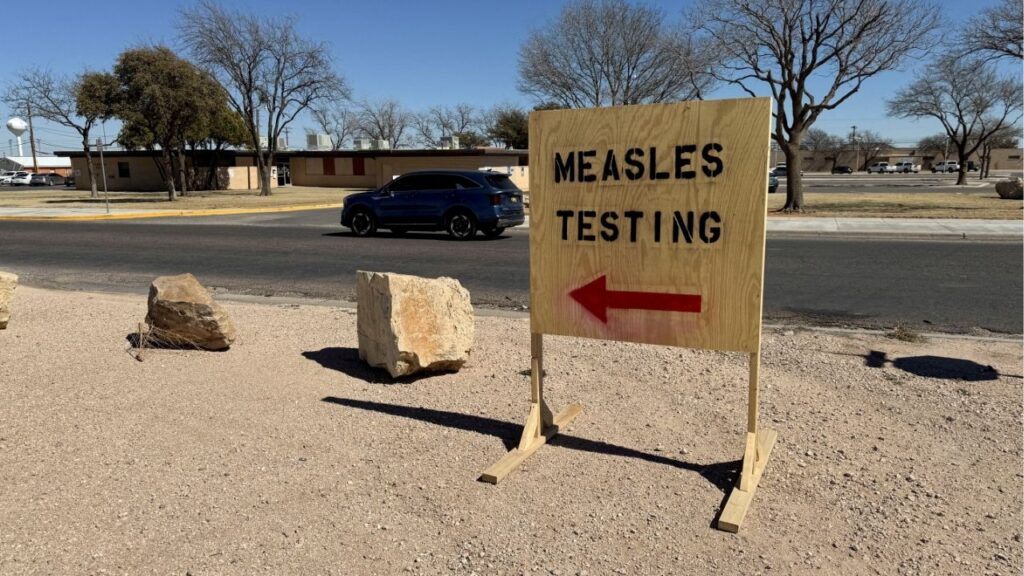
- Pilot projects will be set up at six pistachio farms.
- The program will study the impacts of on-farm recharge and strategies for aquifer replenishment.
- This project is the first partnership between the California Water Institute at Fresno State and Sustainable Conservation, a nonprofit.
Share
|
Getting your Trinity Audio player ready...
|
The California Water Institute at Fresno State announces its first formal partnership with Sustainable Conservation on a $498,423 grant-funded project from the California Department of Food and Agriculture aimed at enhancing aquifer replenishment in the San Joaquin Valley.
“The California Water Institute has engaged in several activities with Sustainable Conservation in the past, but this collaboration marks a significant development of our partnership,” said Laura Ramos, interim director for California Water Institute’s Research and Education Division. “We are looking forward to strengthening our relationship through this grant.”
Sustainable Conservation, a nonprofit organization focused on solving California’s land, air, and water challenges, and the California Water Institute will implement six on-farm recharge pilots specifically in pistachio orchards to study nitrate leaching, soil health and function, and crop yield.
Dr. Sangeeta Bansal, assistant professor of soil health at Fresno State and co-principal investigator of the project, will study the effects of cover crops on soil health and the outcomes of on-farm recharge, including nutrient cycling and soil hydraulic function.
Seeking Best Ways to Boost Aquifer Replenishment
As California faces increasing climate variability, the need for innovative water management strategies is more pressing than ever. On-farm recharge, or the application of surface water to farm fields to recharge aquifers, emerged as a promising solution, providing growers an opportunity to contribute to groundwater replenishment, agricultural sustainability, and community health. However, this tool must be deployed in the right places, on the right land, and at the right times to protect crop health and groundwater quality.
“During the winter of 2023, farmers proactively flooded their dormant fields to mitigate flood impacts and recharge aquifers. However, there is much more to learn about the interactions between recharge, cover cropping, and resulting water quality,” Ramos said. “The California Water Institute is eager to collaborate with Sustainable Conservation and Dr. Bansal to provide the necessary scientific insights for future initiatives.”
This initiative aims to be a key part of enhancing the long-term sustainability of the region’s specialty crop industry, said Sarah Castle, senior scientist for Sustainable Conservation. By replenishing underground water “savings accounts,” on-farm recharge helps secure a reliable water supply for the San Joaquin Valley, even in the face of increasing climate volatility. Furthermore, she said recharge can boost water quality and soil health to balance sustainable water management and agricultural productivity for the benefit of the region’s economic and environmental resilience.
“This funding will allow us to further our collective knowledge about on-farm recharge’s potential as a sustainable water management tool,” Castle said. “With insights from these pilot projects, we hope to better understand how cover cropping and recharge can protect California’s water quality, boost agricultural resilience for California’s specialty crops, and foster environmental sustainability.”



















